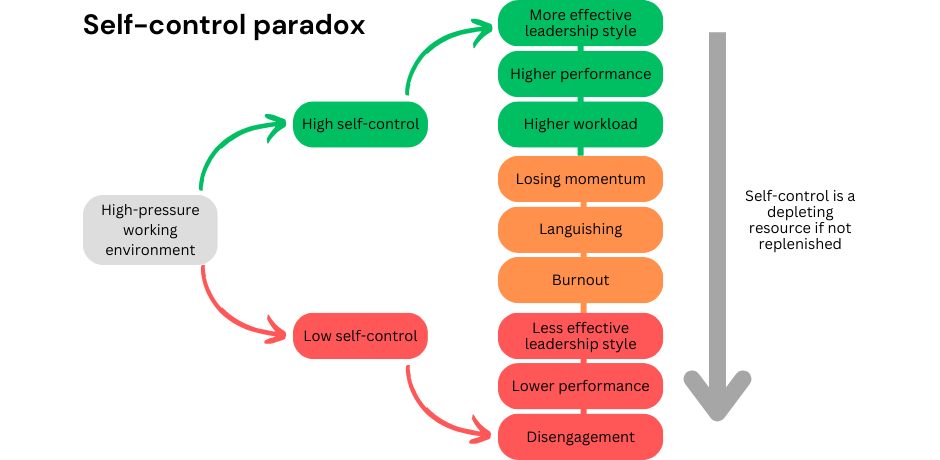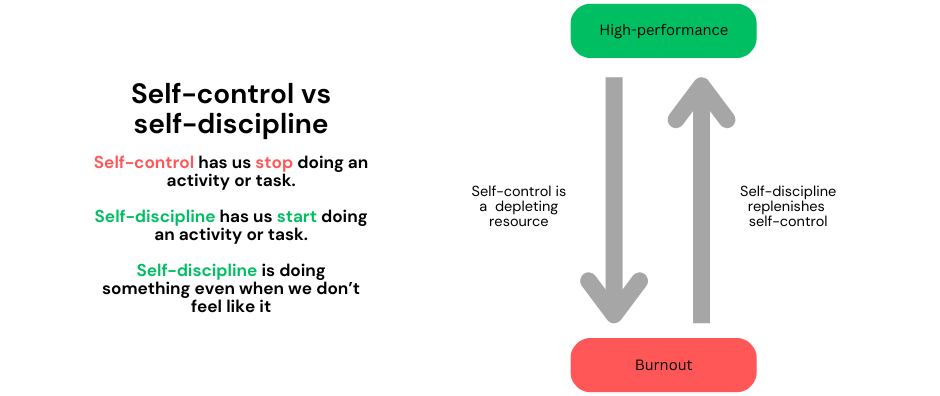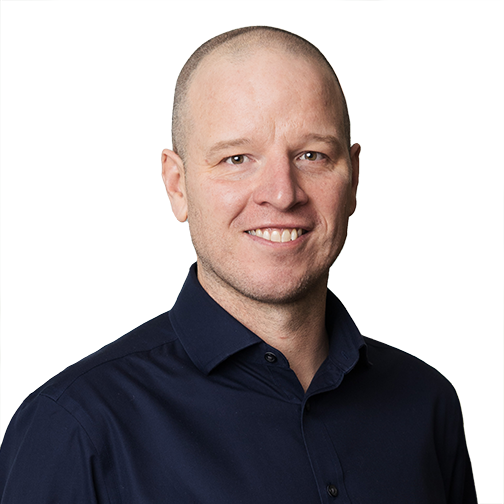The intended audience for this article is coaches and leaders of high-pressure teams working outside the norm. Examples include COVID and crisis response teams, taskforces, Royal Commissions, international research teams, and consortiums.
For 14 years I was an Olympic swimming coach at The Australian Institute of Sport (AIS). One common misconception among coaches was that developing high talented individuals was easy. If only I had such-and-such athlete I would be an Olympic coach. In fact, coaching highly talented people is much more complex and difficult than coaching those less committed or less talented.
Let’s begin by defining talent. During my tenure at the AIS we had a National Talent Symposium during which they challenged coaches from around the country to come up with a definition for talent. The definition we settled on was: an ability to learn quickly and a strong work ethic.
These are the people that you love having in your team. They are the people you rely on under pressure, that can get the job done, that can figure it out even if they’ve never done it before, and that can lead complex work with autonomy.
Part of what makes these people so great is their high level of self-control. For the purpose of this article, we will consider self-control an ability to stop yourself from doing something. In the context of high-pressure work environments, this means an ability to keep focused for extended periods. This often results in cutting everything else out to execute a deliverable or project. This may include avoiding emails or social network notifications, not getting up from your desk for hours on end, skipping meals or eating at your desk, working late into the night, starting work at the crack of dawn and working on weekends. This is not common, and it’s an intensity that most people don’t push themselves to. It is common, however, in high-achieving, highly-talented individuals in high-pressure environments. Examples of team environments where you find these types of pressures and behaviours include task forces, COVID and crisis response teams, Royal Commissions, international research teams, and consortiums.
As a coach or leader working with highly talented individuals, you should consider high levels of self-control a superpower.
Now comes the paradox.
Self-control is a depleting resource and all types of self-control draw from the same resource pool. This means that if you continue to push at a high intensity, exercising high levels of self-control for a prolonged period of time, you are pushing yourself down an inevitable road to disengagement, team breakdown, and eventually burnout.
The paradox is that you need to push to these intensities to achieve high levels of execution under pressure. Low levels of self-control lead to lower performance, high levels of self-control eventually lead to burnout.

So how do you navigate this paradox?
Here are two key things that you can do to best harness your high talented individual’s superpowers:
1. Balance self-control with self-discipline
Earlier we discussed self-control as an ability to stop doing something. Self-discipline is the ability to start doing something. Self-discipline is made up of activities such as meditation, self-reflection, exercise, connecting with external support networks, taking regular breaks, and taking annual leave. Self-discipline has been proven to replenish self-control resources. This means that high talented individuals can push to high intensities under pressure and get the job done sustainably, if they balance this work and offset it with activities that replenish those resources. When I interview people who have sustainably performed at high levels in high-pressure environments, they all have rigorous self-discipline built in to their weekly routines. For one founder it’s a long cycle every Wednesday and Sunday morning, for a CEO it’s meditating every morning and exercising 3 evenings a week. If they have been at the top of their game for a long time, they’re doing something right.
In a sporting context it’s referred to as recovery. Recovery is seen as so important in an elite sporting context that the AIS built a multimillion-dollar facility dedicated solely to improving the recovery of elite athletes. It takes an enormous amount of self-discipline for athletes to put an extra two hours a day into preventative physiotherapy, extra stretching, ice baths, remedial massage, compression gear, and meditation. It’s the self-discipline that separates the best of the best from the rest.

2. Incorporate periodisation
Periodisation is a term used in a sporting context for comprehensive individual planning based on cycles. Typically, athletes will train in a four week cycle. Three weeks of progressively increasing load followed by a recovery week.
Some of the highest performers that I’m coaching in a work context are now applying this type of thinking to their performance. To deliver high-intensity work under high pressure sustainably, they work for three or four weeks followed by an unloading week of 20% to 30%. This might actualise as an extra day off, later starts, working only on self-paced or creative work, working from another location, or even a couple of days in a day use hotel to get some extra sleep and unwind. We will also work together to plan annual leave at regular intervals maximising the benefit.
The higher the intensity, the more you need to focus on offsetting it with self-discipline and recovery.
As a leader and coach, when you think of your high talent, think of a Ferrari. They have an ability to push to extreme intensities when needed – this is their superpower! Be careful however, if you keep the pedal to the floor for too long, or neglect regular maintenance, eventually the engine will blow up. The best cars need the best mechanics, technicians, drivers, and engineers. No one in their right mind would drive a Ferrari at redline day after day until it blows up, so why would you do it with your highly-talented team members?

